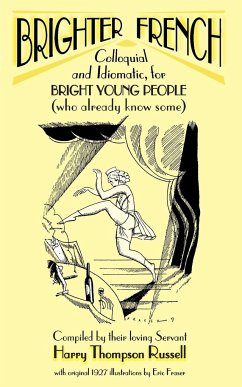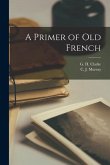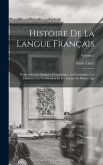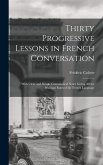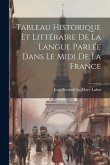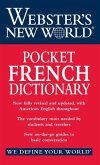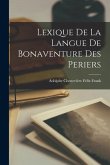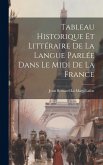A witty highly praised guide to idiomatic French written in 1927 by a remarkable author identified for decades only as 'H-T-R-' French on the left side, English on the right side, and extremely funny. With original llustrations by Eric Fraser, one of the leading illustrators of the 20th Century. "H-T-R- doesn't just want you to parrot French phrases. The essential of fluent speech is to think as the French do. As he says, it won't do just to formulate in English what you want to say and then utter a translation. Those who have reached a good level in French (or, indeed, any language) will recognize the hurdle of idiomaticity - the native speakers always have a way of saying things which is different from your correct but painfully generated French." [ - Elsevier SYSTEM MAGAZINE (2010), Robert Vanderplank, Director, Language Centre, University of Oxford]. -- Example: [1] 'What did he die of?' 'Nobody knows. But then nobody knew what he lived on, either.' [1] "De quoi est-il mort ? -- On ne sait pas. D'ailleurs on ne savait non plus de quoi il vivait." -- Or (to illustrate a use of the subjunctive): [53] 'One moment, Monsieur - I can't see you. I'm in my chemise.' 'Take your time, my dear, I'll wait till you take it off.' [53] "Un instant, Monsieur - je ne peux pas vous recevoir. Je suis en chemise.-- Prenez tout votre temps, chere amie, j'attendrai que vous l'ayez retire." -- New extended edition, with new biographies (including 28 photos) of the author, Harry Thompson Russell, and of the illustrator, Eric Fraser. Contains all of the original 1927 drawings, plus many new drawings by Fraser. Equally suitable for French or English speakers -- 'Ces ouvrages ont le merite de servir egalement a l'usage des francophones et des anglophones.' Fully revised and extended illustrated edition, noting French Spelling Reform of 1990 etc.
Hinweis: Dieser Artikel kann nur an eine deutsche Lieferadresse ausgeliefert werden.
Hinweis: Dieser Artikel kann nur an eine deutsche Lieferadresse ausgeliefert werden.

